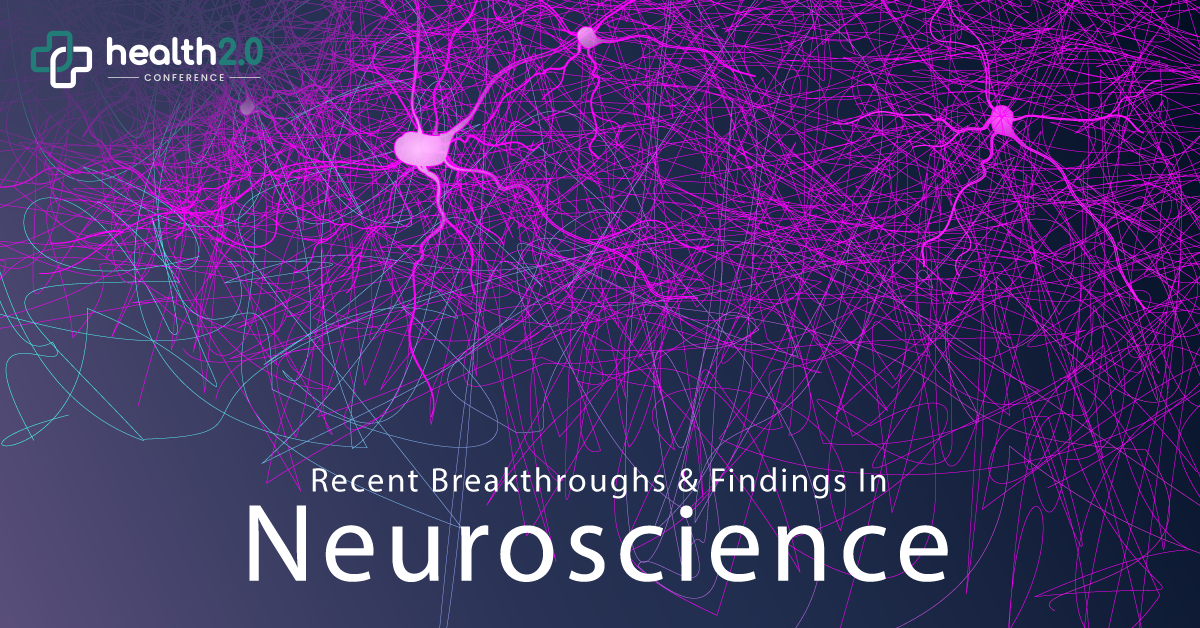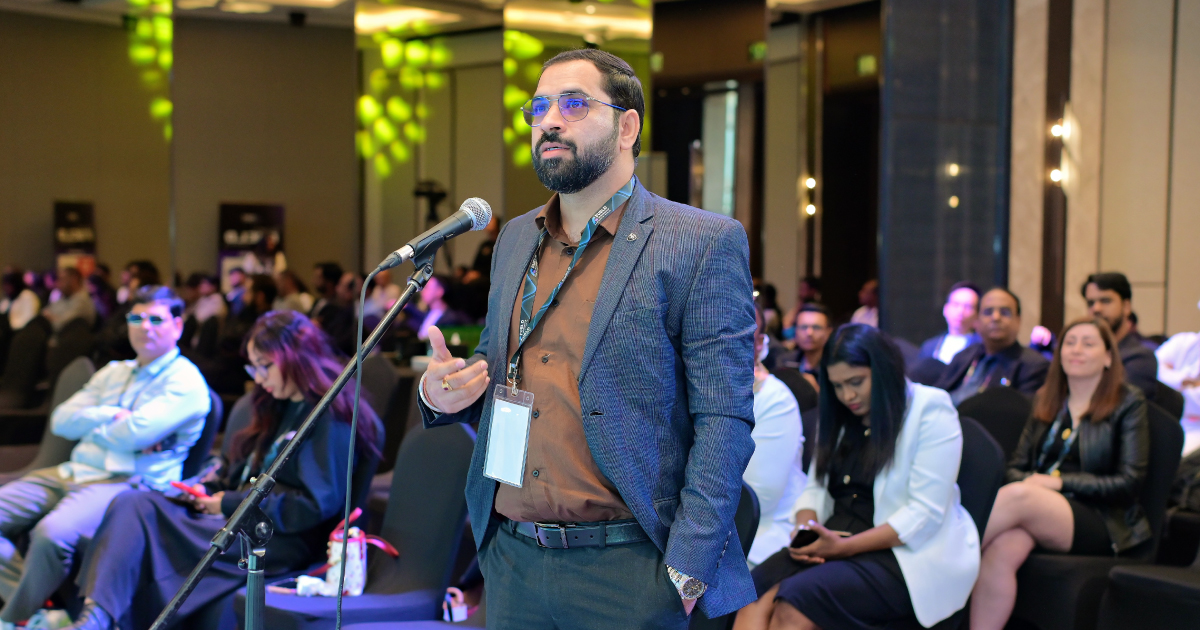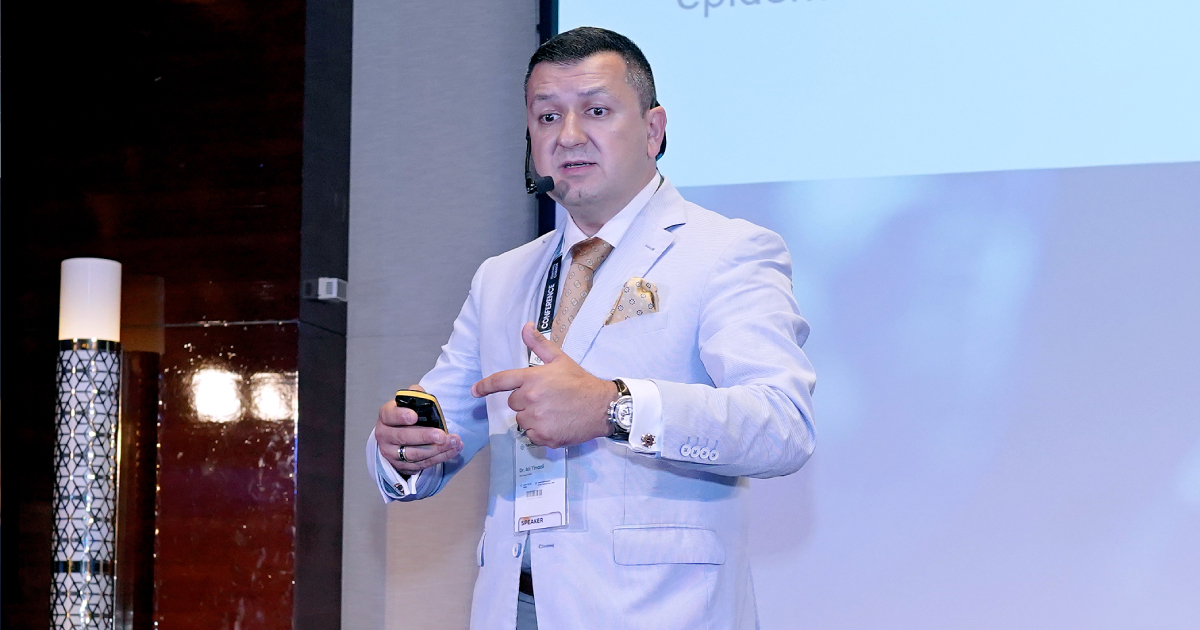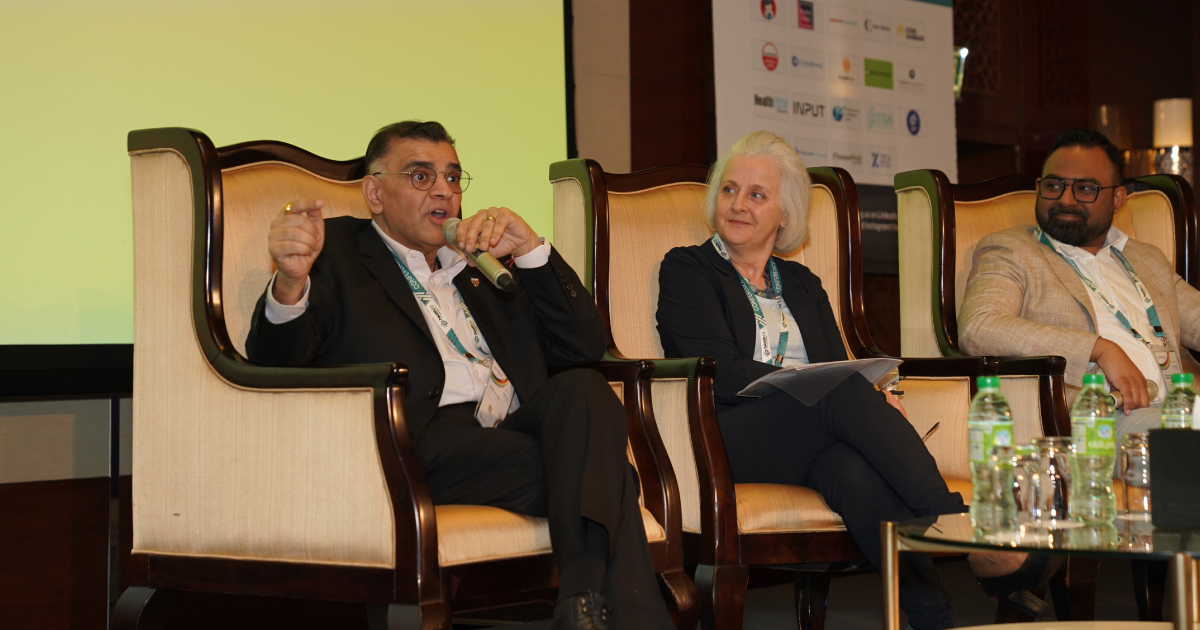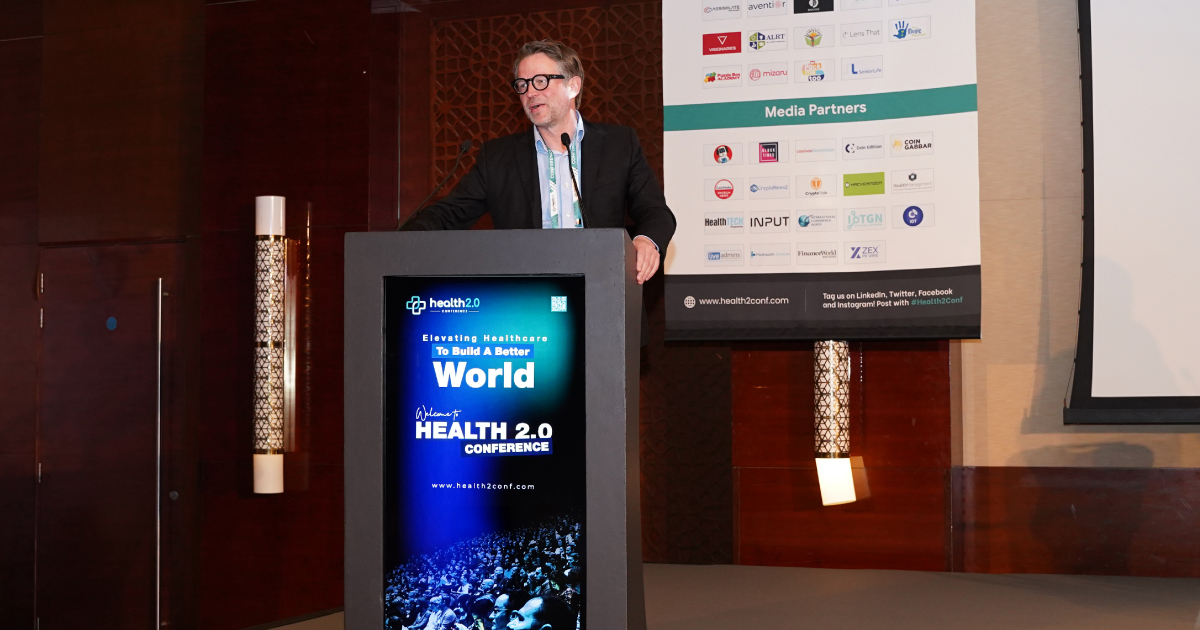The human brain remains an enigma in the neuroscience community. While we have made so much progress, many aspects that lead to neurological and mental health challenges in humans are yet to be understood.
Interestingly, it has been an exciting year for neuroscientists and researchers all over the world. While 2020 saw path breaking research which expanded our understanding of Alzheimer’s, 2021 has been abuzz with activity in the field. There have been incredible developments in the study of neurological disorders, fuelled by the adoption of cutting-edge AI tools and technologies. Through this blog, we will quickly highlight some of the most crucial breakthroughs of the year:
-
New method developed to study brain connections
The recently developed snap-freezing method helps in the preservation of tiny pieces of brain tissues. This revolutionary approach enables scientists to study the brain’s synaptic connections more closely.
Preserving brain tissues in their natural state is extremely difficult, especially when scientists need it for the study of dendritic spines, which transfer electric signals to the cell bodies of neurons. Now, thanks to scientists at EPFL, it has become easier to conserve and thereby, study brain tissues. They employed jets of liquid nitrogen and high pressures to instantly facilitate brain tissue preservation. After this, the study of the structures of the dendritic spines was made possible with 3D imaging and electron microscopes.
-
Regular eye scans may help detect cognitive disorders in people living with diabetes
People living with diabetes are more susceptible to developing Alzheimer's disease and other memory problems, compared to the general population. As has been talked about at major health conferences, the detection methods which have been available till now are extremely costly. In addition to this, by the time concrete signs of cognitive decline are detected by the individual, it is usually too late for most treatment options.
New research points towards affordable strategies that can help in detecting early signs of cognitive decline in people living with diabetes. For instance, a study conducted by experts at the Joslin Diabetes Center has revealed that routine eye scans could be the key to spotting retina changes, which in turn could provide insights into our cognitive health. With routine eye screenings, people can keep a tab on their brain health and take appropriate steps.
-
Insights into how the immune system monitors the brain
As per researchers at the Washington University School of Medicine in St. Louis, the immune system keeps a close watch over brain activity through immune cells, which are positioned around the brain and spinal cord’s meninges. These cells test fluid flowing out of the brain to look for warning signs of infection. Depending on the condition, this biological monitoring system alerts and facilitates immune responses to maintain the brain's well-being.
As you can see, researchers have unearthed fascinating things about the brain and its functioning in the last few months. To stay updated with the recent advancements in neuroscience and connect with people who are making them possible, make time for post-COVID healthcare conferences in Dubai and Las Vegas, such as the Health 2.0 Conference.



